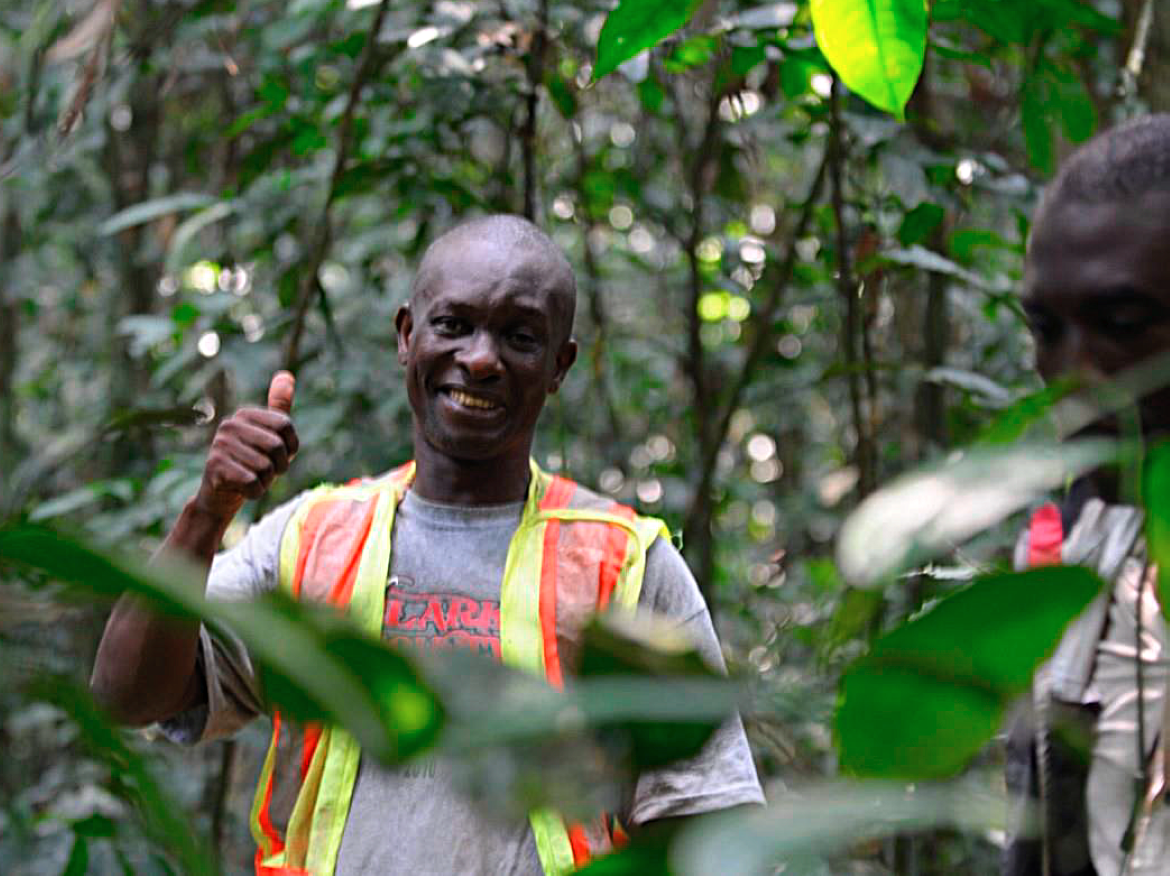
Developing and piloting integrated Jurisdictional and Nested REDD+ (JNR) accounting and verification frameworks linked to new sources of finance.
Organization
Verified Carbon Standard AssociationWhy has Norway supported this project?
The JNR framework aims to be a comprehensive carbon accounting and verification platform for jurisdictions to guide development of their REDD+ programs and help nest REDD+ projects and subnational jurisdictions within these programs.
JNR was specifically designed to facilitate private investment in REDD+ at multiple scales, and is therefore well aligned with the Paris Agreement’s objectives of engaging the private sector, while linking to national efforts, as well as potentially providing emission reductions to emerging markets, such as the ICAO Market Based Mechanism for the aviation industry.
Norway has supported the piloting of the JNR framework in cooperation with key civil society partners and host governments as the project is highly relevant to the NICFI goals. Developing jurisdictional REDD+ is seen by several institutions as critical to the development of REDD+, and VCS’ project aimed to strengthen other projects working on jurisdictional REDD+.
Results
The project has been implemented in DRC, Costa Rica, Brazil and Peru and structured around three outcomes. The first outcome has been to pilot the JRN framework, aimed to link the development of national and subnational REDD+ policies and programs.
The second outcome has been to generate these lessons for other host governments and international policymakers. The third outcome has been to catalyze new financing for REDD+ to leverage existing and emerging results-based funding mechanisms and investment.
Norad’s assessment is that in most cases, VCS’s outcomes have been achieved. However, there were a number of unanticipated delays with progress in national and subnational REDD+ programs due to a variety of political challenges. At the same time, the landscape of REDD+ has changed significantly over the life of the grant, with slower progress towards REDD+ market mechanisms at scale than foreseen.
However, the Paris Agreement strongly establishes REDD+ as a key mechanism for mitigating climate change and provides a number of potential financing structures in the long-term.
While the vision of JNR as a mechanism to directly drive crediting at a jurisdictional scale that can access market mechanisms has evolved, VCS now see a number of opportunities that could leverage tools like JNR, such as the emerging aviation Market-Based Mechanism and emerging domestic markets in a number of countries.
While the JNR framework may need to be revised to meet these needs, it is clear that to ensure long-term viability of REDD+ programs, there is a continued need to encourage private investment in REDD+.
Many investors still prefer to have a direct relationship with counterparts, such as projects and site-based activity. Thus, the concept of nesting - a comprehensive jurisdictional approach- remains vitally important to the success of attracting private finance. New VCS guidance on nesting will continue to help resolve these challenges and demonstrate viable and sustainable nested systems.
In addition, it will be necessary to expand the thinking beyond traditional carbon finance and link to broader landscape-oriented programs that can leverage private capital, such as working with consumer goods companies on zero-deforestation commitments, and broadly engaging the drivers of deforestation, such as agricultural producers, to improve the sustainability of production.
Thus, the desired outcomes of the grant have been advanced and VCS argues convincingly that the advances can be expected to continue. The work done under this grant, progress achieved by countries, and examples shown in the pilot countries will continue their work and by example will demonstrate the outcomes VCS sought to achieve.
In 2013, with Norad funding, VCS entered into a three year agreement with WWF-DRC and collaborated with CN–REDD (DRC National Government) to support the development of a Mai N’dombe-wide accounting framework for REDD +.
VCS provided information to the development of the emission reduction program, including guidance on how the program could be developed to meet both Methodological Framework of the Forest Carbon Partnership Facility and JNR requirements. WWF - DRC provided local expertise and implemented VCS’ guidance in program design.
The efforts resulted in a program documentation that can be assessed to determine the credibility of the program. Robust, validated program design will enable the program to access diverse funding streams and be successful over its 20-year life time.
The planned impact of the program, if implemented as intended, is sustainable development for the country and reduced carbon emissions.
Disclaimer
The result descriptions are based on the information provided by the organisations. Their presentations and conclusions do not necessarily reflect the views of Norad. Norad has not verified all results reported.
